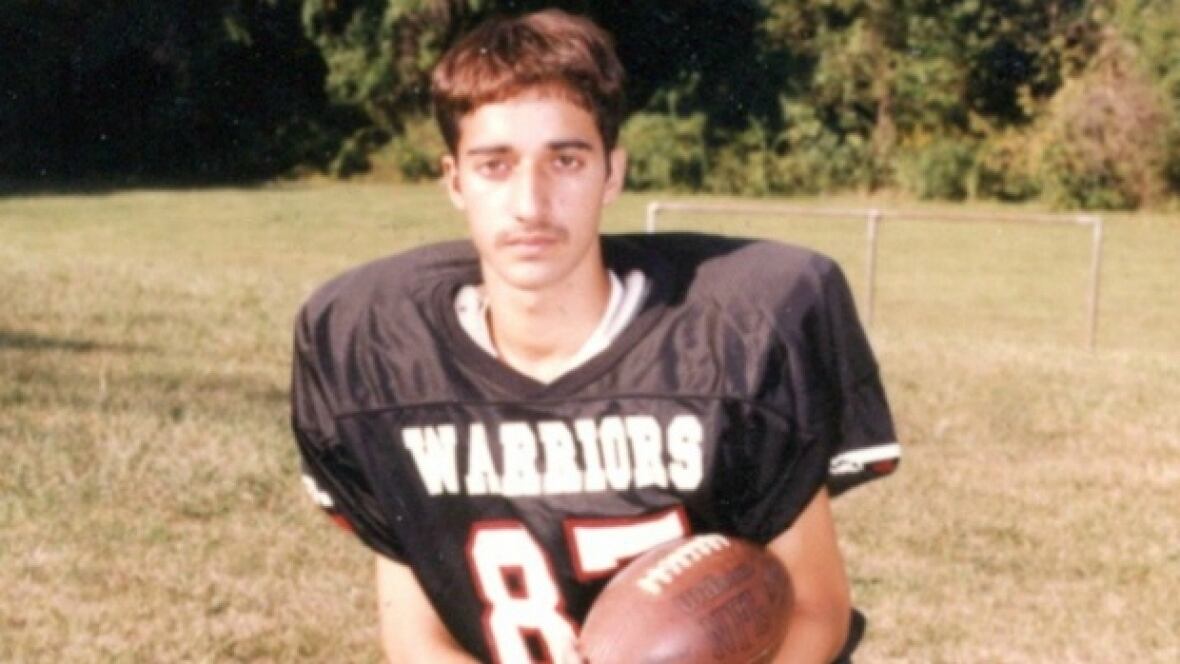Supreme Court rejects new trial for Serial podcast subject Adnan Syed
Decision was 'fully expected,' says attorney and Syed family friend Rabia Chaudry
A Baltimore man will remain behind bars for the 1999 murder of his former high school girlfriend after the U.S. Supreme Court on Monday rejected his bid for a new trial in a case that captured public attention after the podcast Serial raised questions about his prosecution.
The justices turned away an appeal by Adnan Syed, 39, who has been serving a life sentence since 2000 after being convicted in the strangling death of high school classmate Hae Min Lee. Maryland's highest court in March ruled out a new trial for Syed despite his attorney's failure to properly defend him.
Prosecutors said Syed killed the 17-year-old Lee in 1999 in the parking lot of a Best Buy store shortly after school, and then buried her body in a shallow grave later that evening. He was jealous, the state argued, because she had started dating someone else. Lee's body was found three weeks later.
There were no eyewitnesses to the murder but one witness said he helped Syed bury the body. A jury in Baltimore convicted Syed of first-degree murder and other charges in 2000.

"We are deeply disappointed by the Supreme Court but by no means is this the end of Adnan Syed," defence attorney C. Justin Brown said on Monday. "There are other legal options and we are exploring each and every one of them."
Maryland Attorney General Brian Frosh in a statement said the evidence against Syed "was overwhelming."
"We remain confident in the verdict that was delivered by the jury and are pleased that justice for Hae Min Lee has been done," he said.
Syed's case won public attention in 2014 when it was the subject of the Serial podcast, produced by public radio station WBEZ Chicago and downloaded tens of millions of times. It has since inspired news articles and a documentary on HBO.

In 2015, a state court reopened the case to allow Syed to argue that his initial defence lawyer had been ineffective because she failed to contact and interview a witness, Asia McClain, who could have provided a potential alibi. McClain had said she remembered speaking with Syed at the school library during the time prosecutors had said Syed killed Lee.
A new trial was ordered for Syed after a state intermediate appeals court said the attorney's incompetence resulted in impermissible prejudice to Syed's defence.
But in 2018, the Maryland Court of Appeals denied Syed a new trial, even though it agreed his trial lawyer's work was lacking. The state high court said there was little chance the outcome would have been different had Gutierrez done what she should have.
Rabia Chaudry, an attorney and friend of Syed's family who first brought his case to the attention of This American Life, which developed the podcast, said Monday that the Supreme Court's decision "was fully expected." She said his defence team has been preparing to file either a habeas petition in federal court or go back to the state court.
"We were just waiting. It was just a technicality. Now it's done, so we can move forward," she said of the high court's move. "He is doing fine. He is hanging in there. He knows that none of us are basically giving up. He has a great legal team. He has a lot of public support and walking away is not an option."
With files from The Associated Press